Electric cars coming to Australia in 2021

From March 2020, electric vehicle sales in Australia slowed as buyers faced uncertainty and lockdowns. While down almost 14 per cent in total, the market ended the year with an upswing in the final two months, finishing with 916,968 sales.
Among this upswing, hybrid electric vehicles enjoyed their best year ever in Australia, with more than 60,000 sold – driven largely by Toyota’s RAV4, Camry, and the launch of the Yaris hybrid at the end of the year.
Sales of electric vehicles (EVs) increased by more than 16 per cent (albeit from a very low base), from 1523 in 2019, to 1769 vehicles. This figure excluded Tesla sales, which aren’t submitted to the Federal Chamber of Automotive Industries.
Electric cars coming to Australia in 2021
Audi e-tron S
A sportier version of the already formidable Audi e-tron electric SUV, the 2021 Audi e-tron S gains an extra electric motor, taking the total to three and boosting performance to 370kW and 973Nm. These are mated to a 95kWh battery capable of a 360km driving range.

Audi e-tron GT
Built on the Porsche Taycan's 800-volt architecture, the 2021 Audi e-tron GT sports sedan will arrive in Australia by October. Outputs of 350kW and 440kW are promised for quattro and RS versions thanks to an 85kWh battery pack.

BMW iX3
The 2021 BMW iX3 will be the brand’s first local full-electric SUV offering when it lands in the middle of 2021. BMW promises an 80kWh battery and 460kms of driving range for the small SUV, however some buyers may scorn the model’s Chinese build origins.
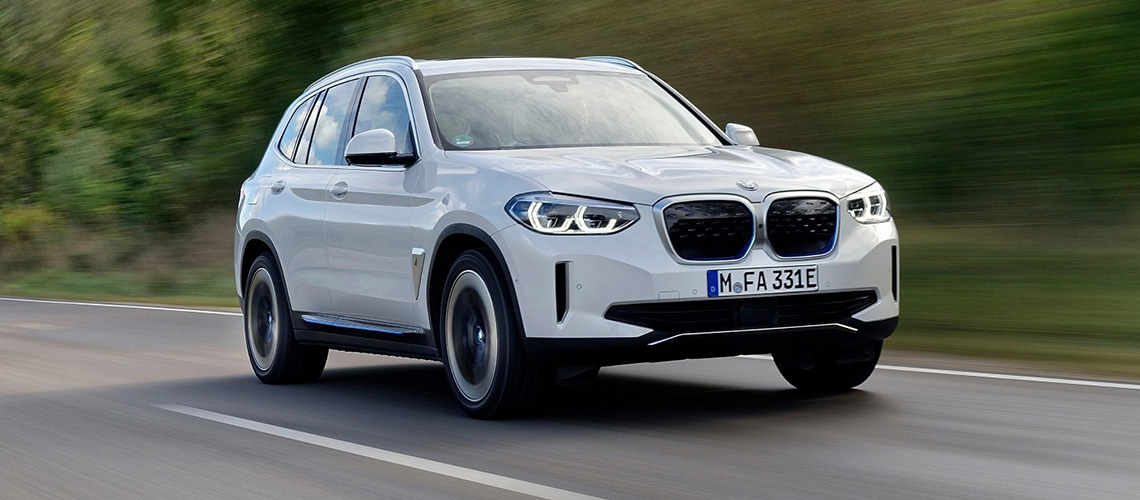
BMW iX
BMW’s full-electric iX large SUV will arrive in Australia in the second half of 2021, joining the smaller iX3 model in the brand’s full-electric SUV lineup. Expect more than 600km of driving range thanks to a massive 100kWh battery, but with a price tag to match.

Hyundai Ioniq 5
Built on the brand's all-new e-GMP electric platform, the 2021 Hyundai Ioniq 5 promises faster charge times and bi-directional charging capability (which means it can put power back into the grid if required). Expect to see the model in Australian showrooms in the second half of 2021.
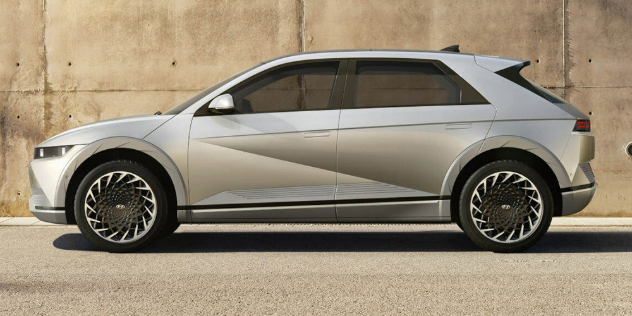
Kia e-Niro
Think Hyundai Kona EV and you’ll get the picture for the 2021 Kia e-Niro. For Kia, the business case didn’t quite stack up for an early 2021 launch. Mid-2021 is the NRMA’s guess.
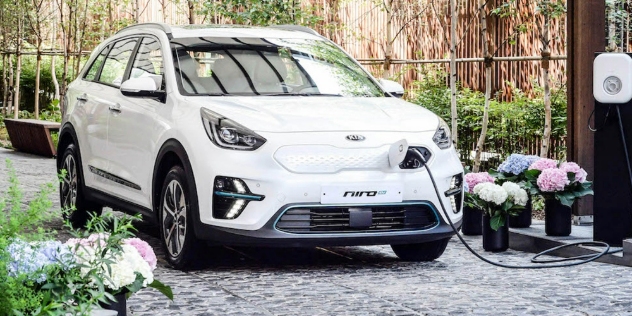
Lexus UX300e
Based on Lexus’ compact UX200 launched in 2018, the all-electric 2021 Lexus UX300e will have a 150kW/300Nm electric motor and 400km of driving range. Pricing for the UX250h is $52,025, so expect the 300e to be north of that.
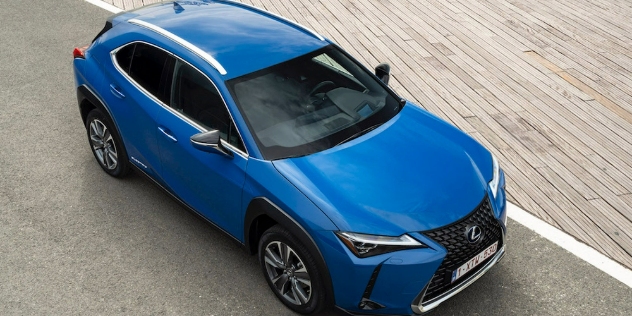
Mazda MX-30
Mazda’s 2021 MX-30 small electric SUV will be offered as a mild hybrid with a 2.0-litre petrol engine and a hybrid system that can recover energy to assist the vehicle’s stop/start system, or a pure EV with a 35.5kWh battery and 107kW electric motor providing a 224km range.
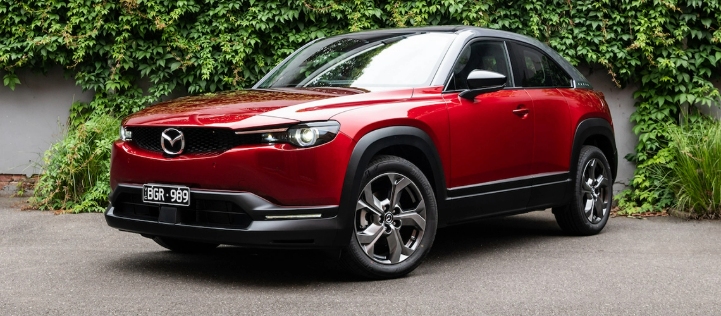
Mercedes-Benz EQA
An all-electric version of the brand's GLA small SUV, the 2021 Mercedes-Benz EQA is available to order in April before going on sale in June from $76,800. A 66.5kWh battery will provide 140kW and up to 480km of driving range for the model.
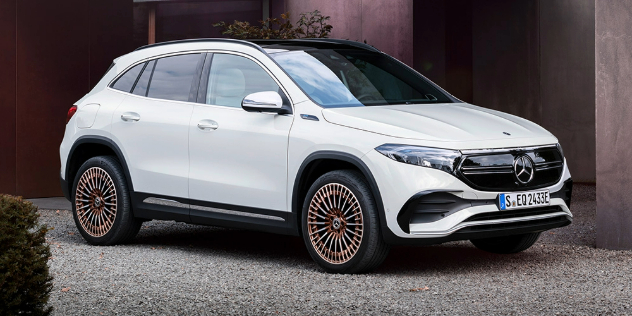
Mitsubishi Eclipse Cross PHEV
While not a full-electric model, the new 2021 Mitsubishi Eclipse Cross will utilise components from the Outlander PHEV and have a similar range of 57km. The cheapest Outlander PHEV sneaks in under the $50k mark, so hopefully the Eclipse Cross PHEV will at least match it.
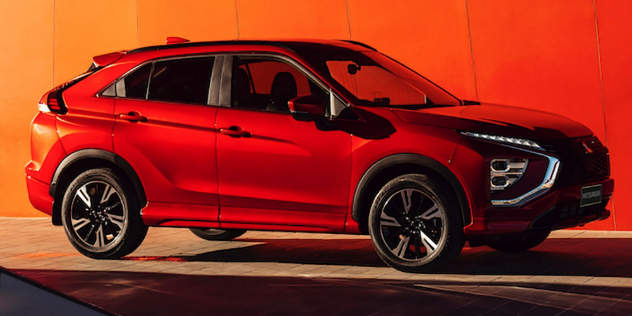
Nissan Leaf e+
The EV that started the charge in Australia will be updated with a larger 62kWh battery and 160kW electric motor, increasing the range to over 380km. The improved range will add to the 2021 Nissan Leafe e+'s price.
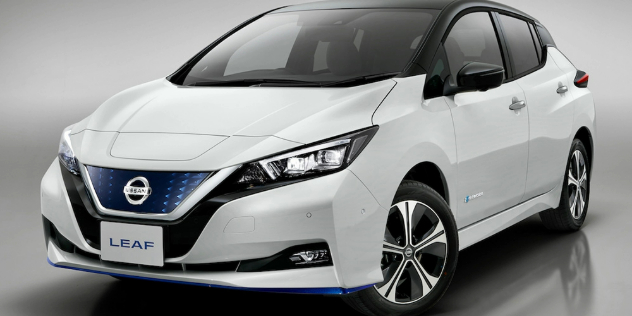
Nissan Qashqai
The recent European announcement of the new 2021 Nissan Qashqai coincided with the debut of two new power trains, a mild hybrid and ‘e-Power’, a mash-up of internal combustion and EV technology.
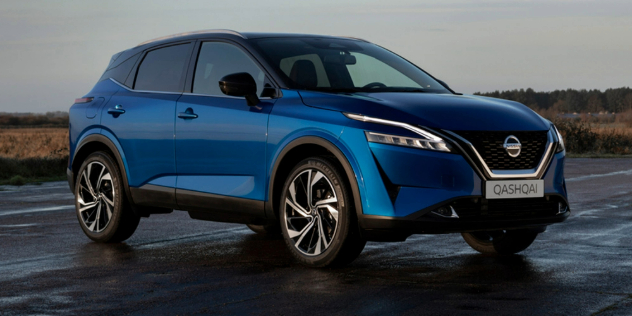
Porsche Taycan Cross Turismo
A high-riding version of the all-electric Taycan grand tourer, the 2021 Porsche Taycan Cross Turismo will cost north of $200k when it joins showrooms in the third quarter of 2021. Available in 4S and Turbo trims, the model will boast up to 500kW thanks to an 'overboost' function.
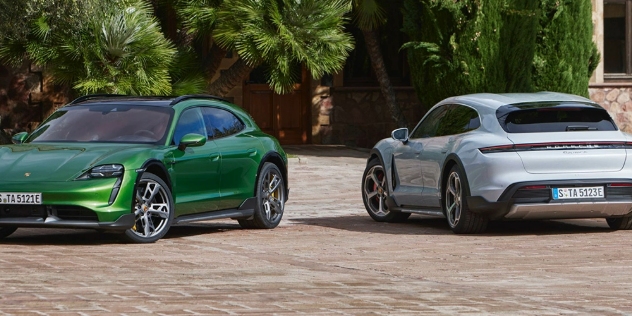
Tesla Model S Plaid
The manic 2021 Tesla Model S Plaid electric vehicle is due here towards the end of 2021. Featuring three electric motors generating a claimed 761kW and 0-100km/h sprint time of just 2.1 seconds, expect to pay $174,990 for the privilege – $45,000 more than the twin-motor Tesla Model S Long Range.
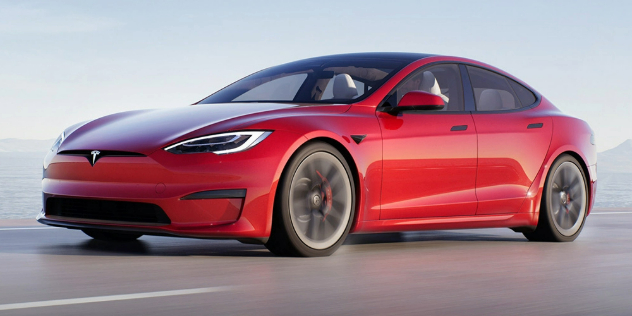
Volvo XC40 Recharge Pure Electric
Aiming to take sales from the Mercedes-Benz EQC and Audi e-tron, the 2021 Volvo XC40 Recharge Pure Electric small SUV will come with a 78kWh battery, twin motors outputting 300kW and 660Nm, and a 418km driving range. Expect to see the model land in June 2021.
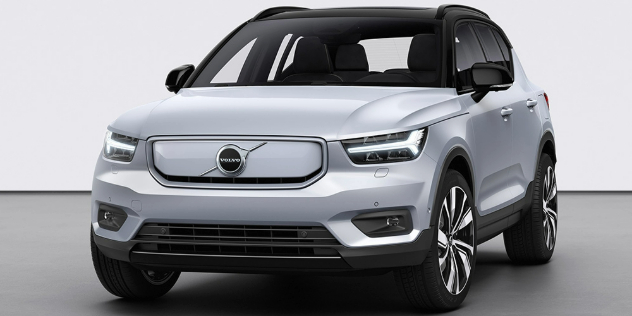
What were the best-selling electric cars in Australia in 2020?
At last count, there were more than 50 brands in Australia competing for your dollar, but unlike other markets around the world, just a handful offer EVs or battery electric vehicles (BEVs) in their model mix.
The best-known EV on our shores is the Nissan Leaf and, in 2020, Nissan sold 370 examples. The remaining sales were divided up mainly between Hyundai’s Ioniq and Kona EVs, BMW’s i3, and Jaguar’s I-Pace. Most have a starting price of $50,000 or more, except the new MG ZS EV which is the cheapest on offer at $43,990 drive-away.
Beyond the entry-level EVs, price becomes an even greater issue. The Hyundai Kona EV is $60,740, while the Jaguar EV400 and Audi e-tron climb towards $150k. Hardly a market segment that’s going to see massive volume gains.
While uptake here has been small, in 2021 the PHEV and BEV options are set to improve with many brands committing to bring models down under.


